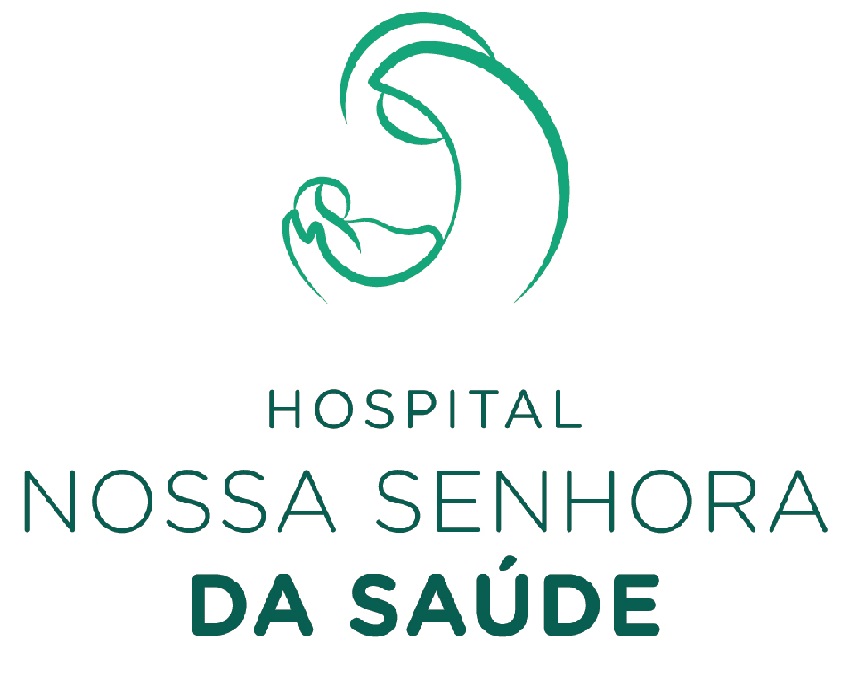Autores: B. Bullock, P. Donovan, C. Mitchell, J. A. Whit
ABSTRACT
Background Medication communication and prescribing on the post-take ward round following patient admission to hospital can be suboptimal leading to worse patient outcomes. Objective To evaluate the impact of clinical pharmacist participation on the post-take ward round on the appropriateness of medication prescribing, medication communication, and overall patient health care outcomes. Setting Tertiary referral teaching hospital, Brisbane, Australia. Method A pre-post intervention study was undertaken that compared the addition of a senior clinical pharmacist attending the post-take ward was compared to usual wardbase pharmacist service, with no pharmacist present of the post-take ward round. We assessed the proportion of patients with an improvement in medication appropriateness from admission to discharge, using the START/STOPP checklists. Medication communication was assessed by the mean number of brief and in-depth discussions, with health care outcomes measured by comparing length of stay and 28-day readmission rates. Main outcome measures: Medication appropriateness according to the START/STOPP list, number and type of discussions with team members and length of stay and readmission rate. Results Two hundred and sixty patients were recruited (130 pre- and 130-post-intervention), across 23 and 20 post-take ward rounds, respectively. Post-intervention, there was increase in the proportion of patients who had an improvement medication appropriateness (pre-intervention 25.4%, post-intervention 36.9%; p=0.004), the number of in-depth discussions about patients’ medication (1.9±1.7 per patient pre-intervention, 2.7±1.7 per patient post-, p<0.001), and the number relating to high-risk medications (0.71±1.1 per patient pre-intervention, to 1.2±1.2 per patient post-, p<0.05). Length of stay and 28-day mortality were unchanged. Conclusion Clinical pharmacist participation on the posttake ward round leads to improved medication-related communication and improved medication appropriateness but did not signifcantly improve health care outcomes.
Keywords Australia · Communication · Medication safety · Prescribing · Team work · Ward round
